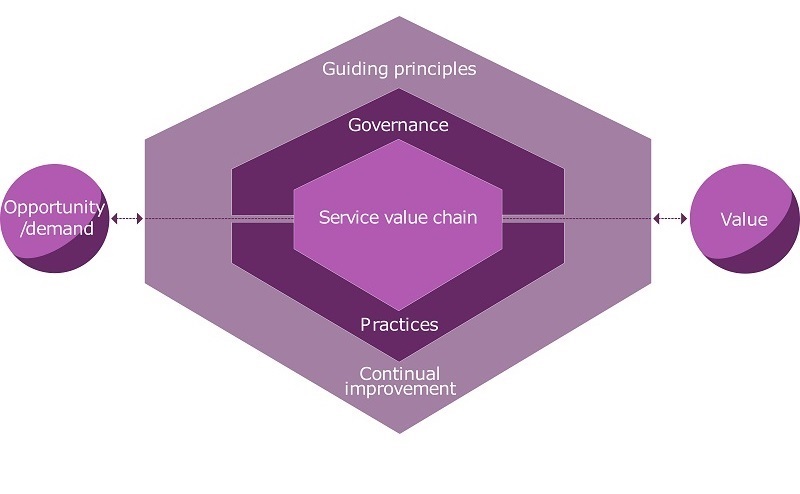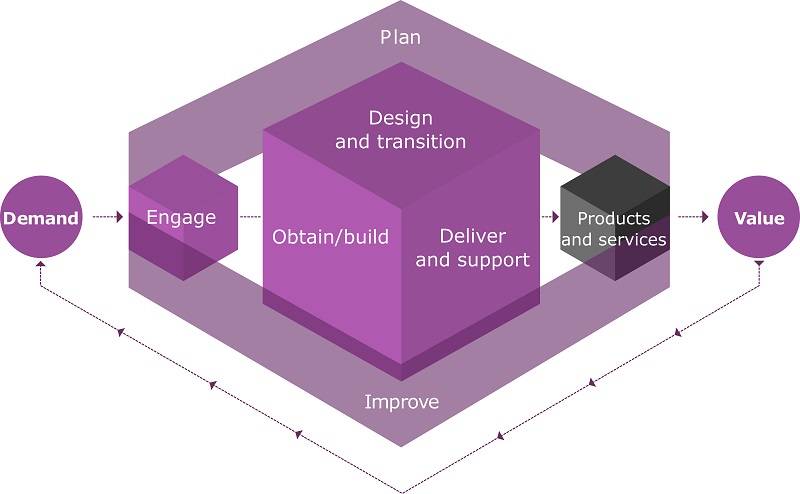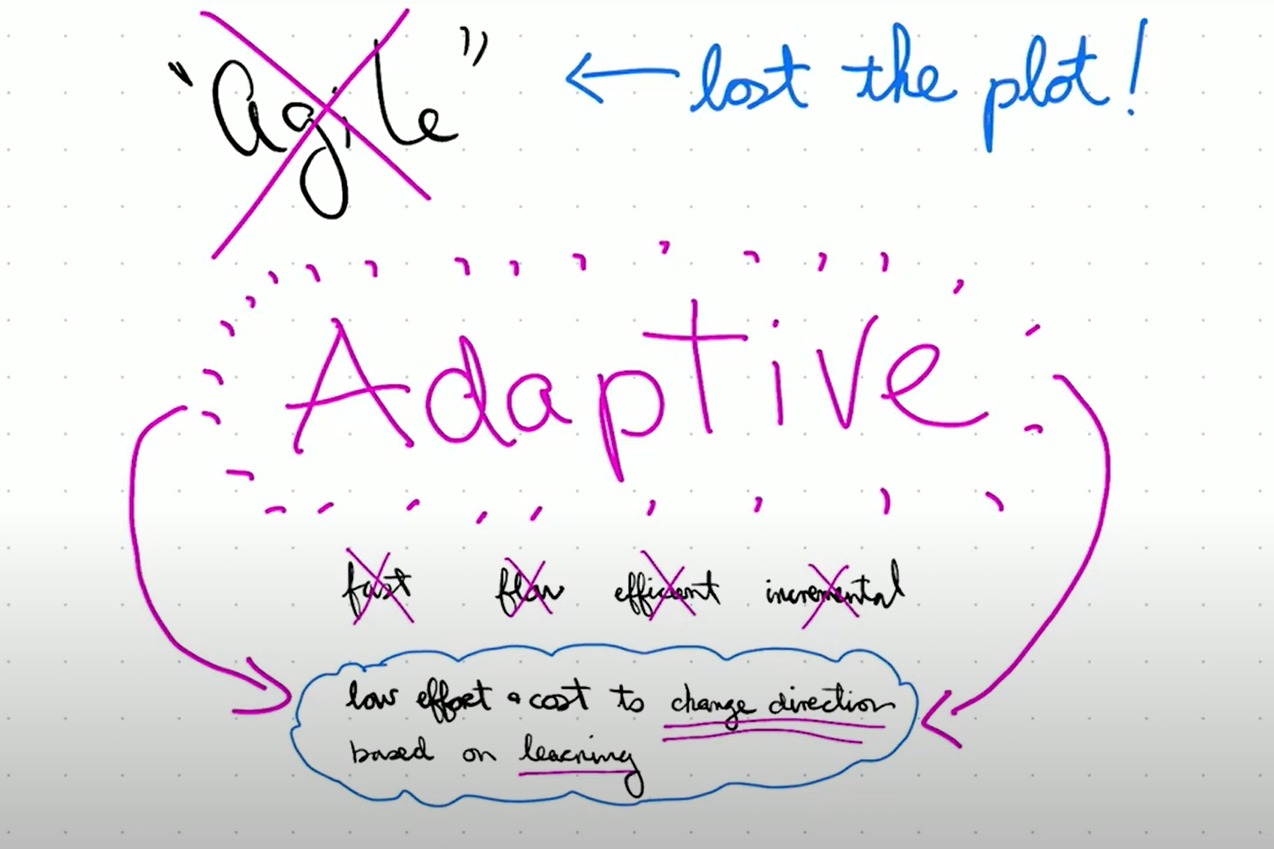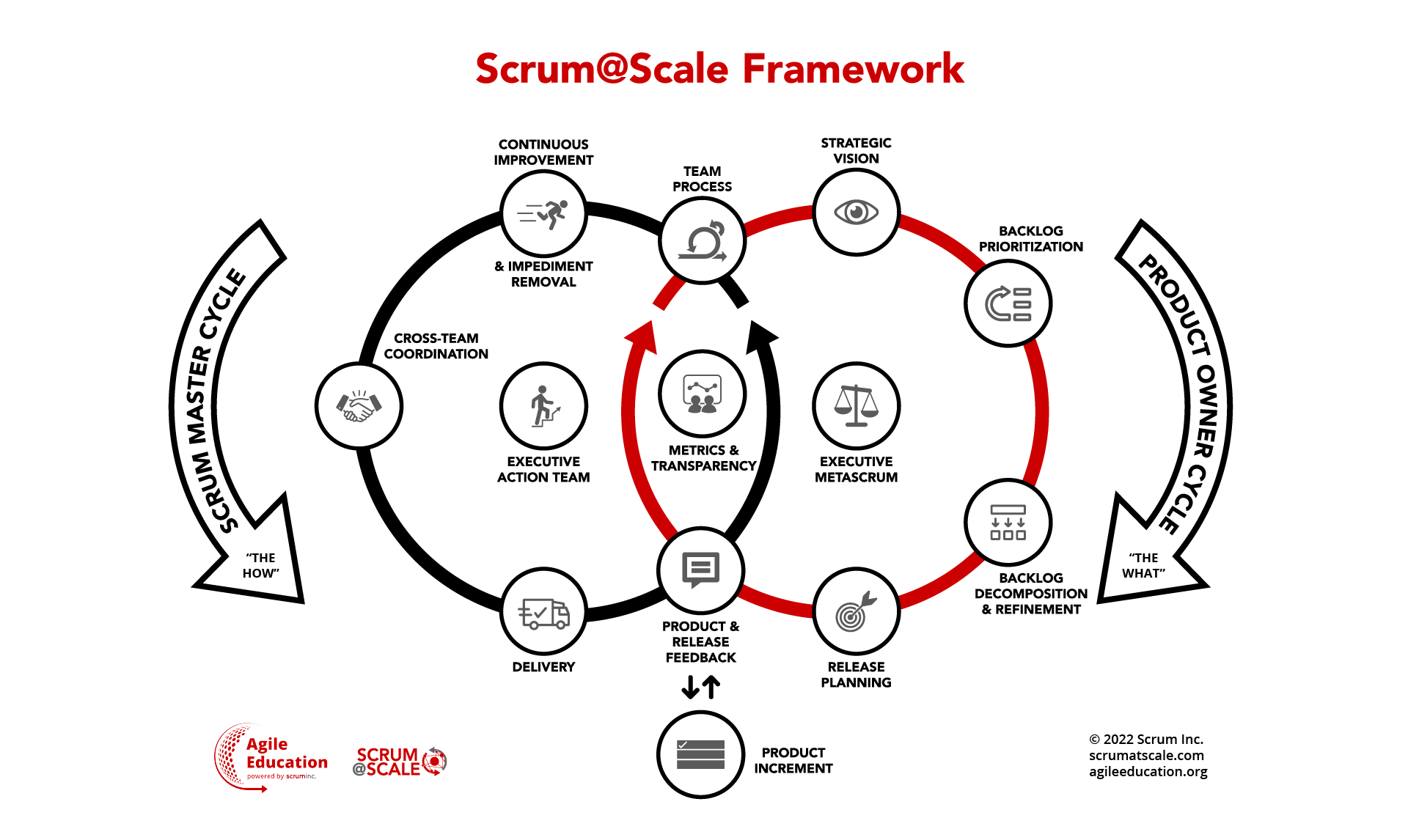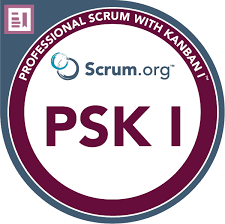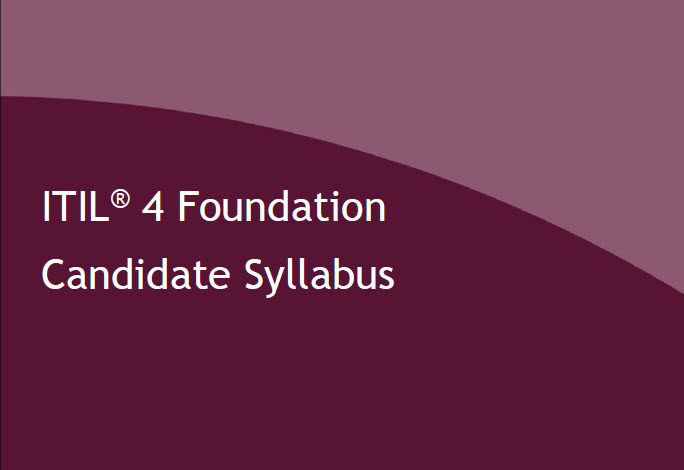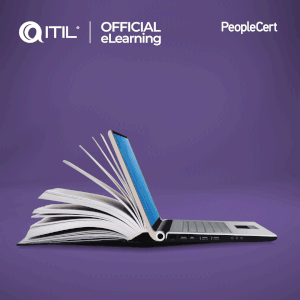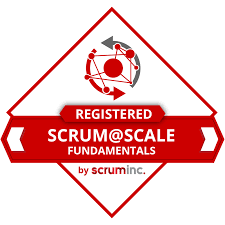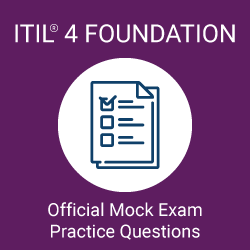 Photo by You X Ventures on Unsplash
Photo by You X Ventures on UnsplashFor those who may have missed IT, ITIL ® stands for Information Technology Library and was created during the 1980s by the UK government to ensure that money spent on IT budgets was actually well spent (as if is IT bringing value). It quickly became a common referenced framework for IT Service Management and IT in general.
Available since early 2019, the ITIL ® 4 update has been announced as a revolution in the IT Service Management area. It includes new values, principles and practices from Lean, Agile and DevOps as those 3 current have strongly influenced IT and business organizations in the last 20 years. With the growing importance of rapid software development and automation among others, some areas of ITIL ® were considered inadequate and had to be reviewed.
But what changed in ITIL® 4 actually?
First thing, we are looking to focus on value co-creation in ITIL ® and this is reflected with the representation of the Service Value System and Service Value Chain. Those 2 concepts help you to understand the different components and steps which are used in producing value which is ultimately what an organization is there to produce. In a similar fashion to Lean, it is important to understand all steps required in producing value for eliminating waste activities while keeping an eye on the big picture as in systems thinking.
The ITIL® 4 7 guiding principles
Second, they are now 7 guiding principles to help organizations adapt their service management:
- Focus on value
- Start where you are
- Progress iteratively with feedback
- Collaborate and promote visibility
- Think and work holistically
- Keep it simple and practical
- Optimize and automate
If you look at those principles with a Lean/Agile/DevOps lens, there is actually none of those areas which should be unknown to the experienced practitioner. As an example, “Focus on value” is part of the first principle of the Agile Manifesto with “Our highest priority is to satisfy the customer through early and continuous delivery of valuable software”. Or “Optimize and automate” which is common in Lean and a core tenant of DevOps.
With those principles in mind, we are really looking to implement a gradual, continuous and never ending Service Management transformation. It does not and should not be a large transformation necessitating hundred of people at once. In a similar fashion to Agile scaling frameworks, we aim to start small and scale later if required.
From ITIL® v3 processes to ITIL® 4 practices
Third, the former ITIL ® processes were revamped and renamed as ITIL ® practices. This is a subtle but important difference. People and organization will not feel compelled anymore to implement as is ITIL ® processes as the golden rule but rather hand pick, implement and continuously improve practices as fit. As a result of this, a continual improvement practice was included into ITIL ®. An organization should never stop improving.
Closing the ITIL® 3 loop…
And that is it for the most part! Actually, many other changes have been brought, those above being the most significant. If you are keen to know more, you can visit the Axelos website and we would be happy to help you anytime with any information, consulting or training activities you may need.
Feel free to reach out to us and we will get back to you as soon as possible.
We look forward to hear from you!


